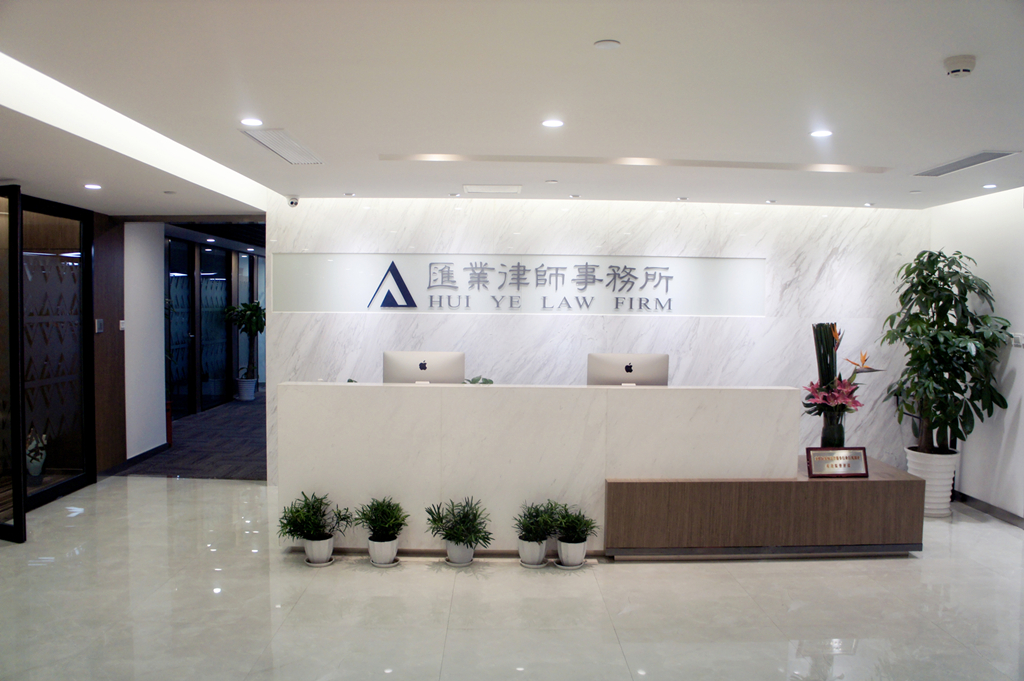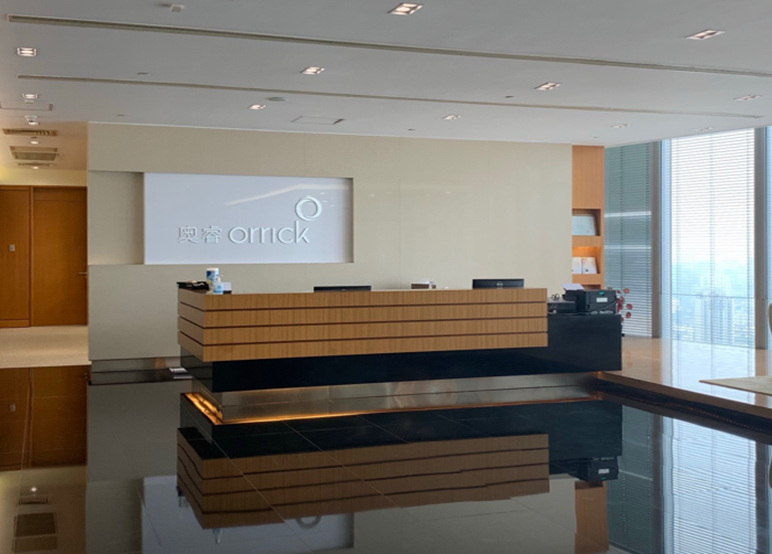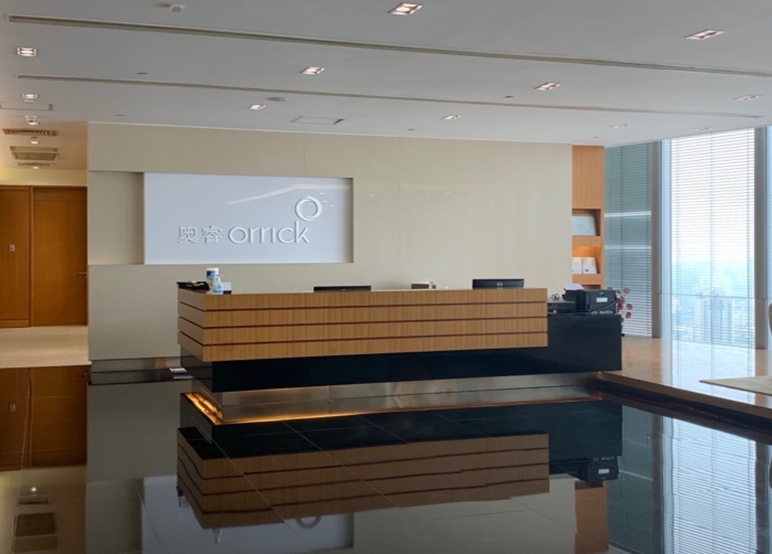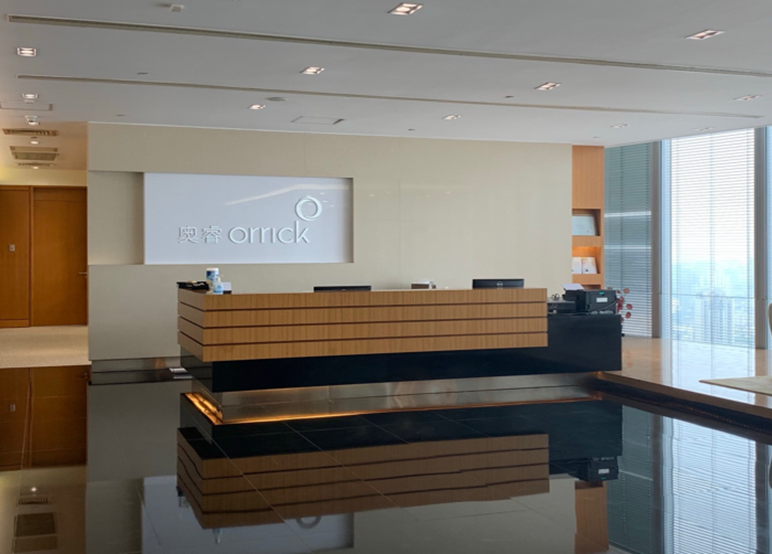Internet service provider Cox Communications (For short "Cox" ) Yu recently said he hoped the appeals court would overturn it 4 Jury award of damages years ago 10 A billion-dollar piracy liability ruling. As supplementary evidence, Cox submitted a recent U. S. Supreme Court ruling, The ruling found that Twitter (Twitter) Does not accept responsibility for aiding and abetting terrorist activities. The letter prompted a reaction from music companies, They emphasize that terrorism and piracy are completely different concepts.
In recent years, The Internet service provider has been at the center of several piracy lawsuits.
For Cox, The biggest blow happened 4 Before the New Year, At the time, Cox lost a legal battle with major record label groups.
right 10 Appeal of a $100 million award
In the case, A jury in Virginia found Cox responsible for the illegal actions of the pirate subscribers, Because the company did not terminate the accounts of those users even after receiving multiple allegations, The court ordered the company to pay the record label 10 Billions of dollars in damages. The ruling in the landmark case is currently under appeal.
As part of the appeal, Cox informed the court of an authoritative additional piece of evidence that supported his position. The case Cox refers to is Twitter v. Tamnai (Taamneh) case. In the case, The U. S. Supreme Court recently ruled that social media platforms can't be held responsible for terrorists who use Twitter to recruit and raise money.
The Supreme Court rejected claims that Twitter was aiding and abetting terrorism, Because the platform doesn't "consciously" Engage in illegal activities, No more "Where it's punishable" . According to Cox, The same logic applies to the case in which he appealed, The ruling that Internet service providers were held liable for users' piracy activities.
One of Cox's lawyers told the court: "These same aiding and abetting principles embody the theory of joint responsibility in copyright law, They could also exclude him from responsibility in Cox's case. "
Cox thinks, The Supreme Court's decision confirms one point, That is, the liability to assist and incite only applies when the person knowingly participates in the activity. But that runs counter to the verdict on its own dispute with the record label, In the dispute, "Sinful expressions and actions" or "intention" It doesn't need to be considered.
Cox added: "The context of the Twitter case, though, is different, But its reasoning is perfectly applicable, And support overturning the joint tort ruling. "
The two cases are very different indeed, But ultimately they are all about defining responsibilities for third-party services. According to Cox, The ruling that Twitter is not responsible for terrorist activity makes it clear, It is not responsible for pirated subscribers, But music companies see things quite differently.
The difference between a terrorist and a pirate
Not long ago, Music labels responded in court to counter Cox's argument. They think, Twitter's ruling does not apply to their piracy dispute with Cox, Because the two cases are based on different laws.
Although the music industry is certainly not happy with piracy, But the Cox case is a copyright issue, The Twitter case falls into that category "Legal sanctions against sponsors of terrorism Act (Justice Against Sponsors of Terrorism Act) " (JASTA) Jurisdiction of. At present, The pirates are not classified as terrorists.
A lawyer for the music company said: "The outcome of the Twitter case is based on JASTA generated. Under the act, The plaintiff in the case was found 'No obligation' Claim the defendant 'Termination of Customer's use of the Services after it is discovered that the Customer has used the Services for illegal purposes' . "
The music company's lawyers added: "This case is based on "Copyright law" cognizant. The court has ruled, Internet service providers have a responsibility against known infringers 'Take action' . "
Cox "Less passive"
After determining the difference between pirates and terrorists, Music companies point out, Twitter has not been directly linked to misconduct. The platform's role is more passive, Its ties to terrorist groups go much further than Cox's connections to its subscribers.
The plaintiff argues that, Cox has taken a more active role, And made substantial contributions to piracy activities, This is no comparison to the Twitter case.
The music company's lawyers wrote: "Cox was not so passive. " And added that, The Internet provider "Phony policies were enacted, To ensure that violations will continue" .
The music company added in its brief: "Cox is aware of specific violations occurring on its network, Connect it to a specific user, And choose not to terminate the use of these users to avoid 'Lost revenue from paying customers' . "
It remains to be seen how the appeals court will interpret the ruling in the Twitter case. in 10 Hundreds of millions of dollars in damages, Both sides are likely to take this case to the end as long as they can, The case could eventually make its way to the Supreme Court. (Be compiled from torrentfreak. com)
TRANSLATORS: Wang Dan proofread: Liu Peng
disclaimer: This network reprint or compile the original articles are from the network, Does not represent the views of this website or confirm the authenticity of its content. If the source is mislabeled or the copyright of the article is involved, Please contact us, This website will be corrected in due course, delete, thank you.

Safeguarding the rights of economic and trade hotspots













